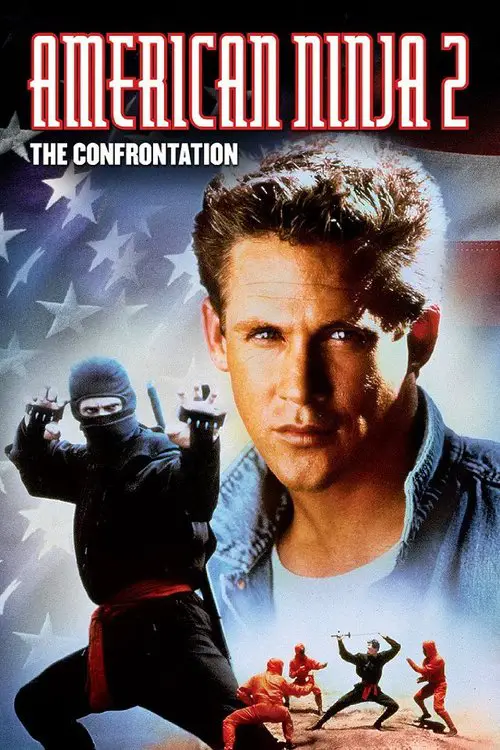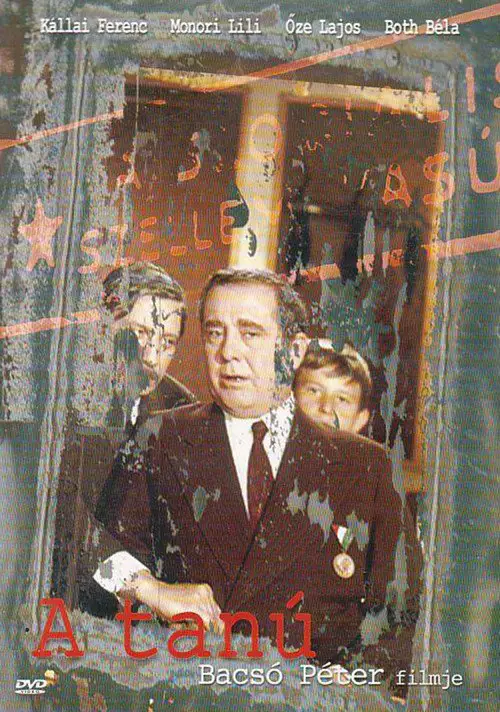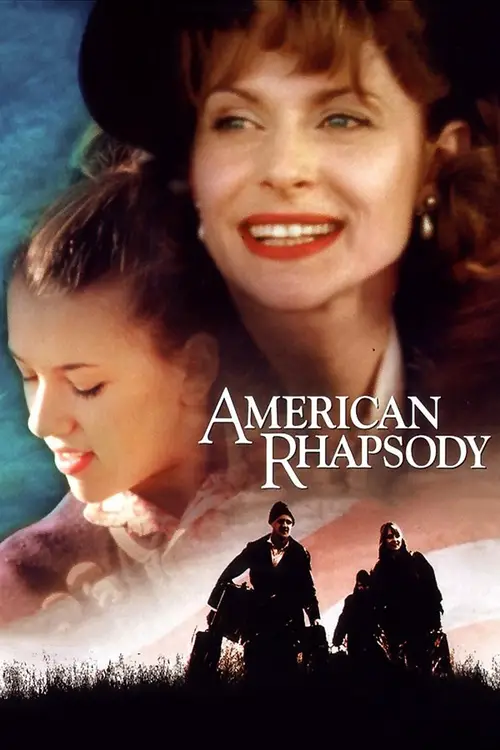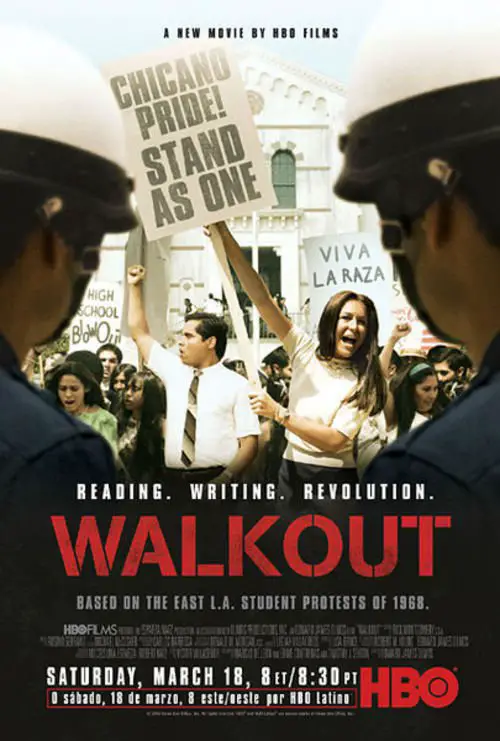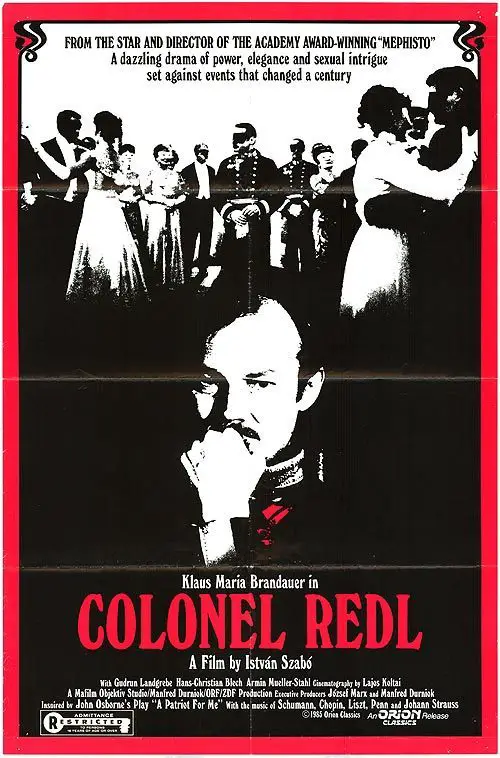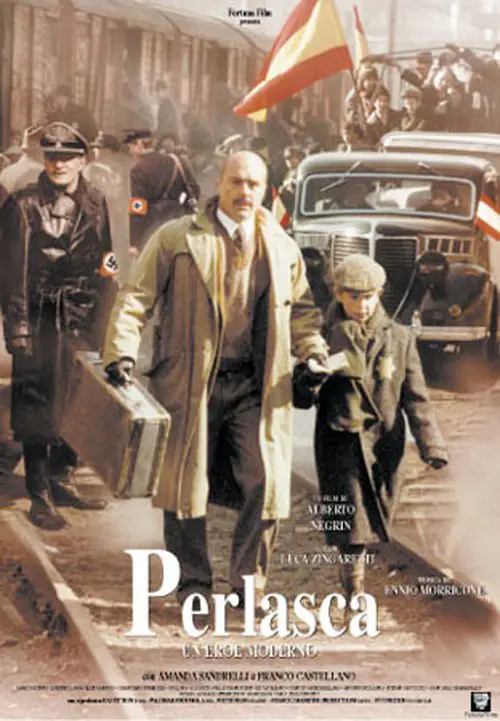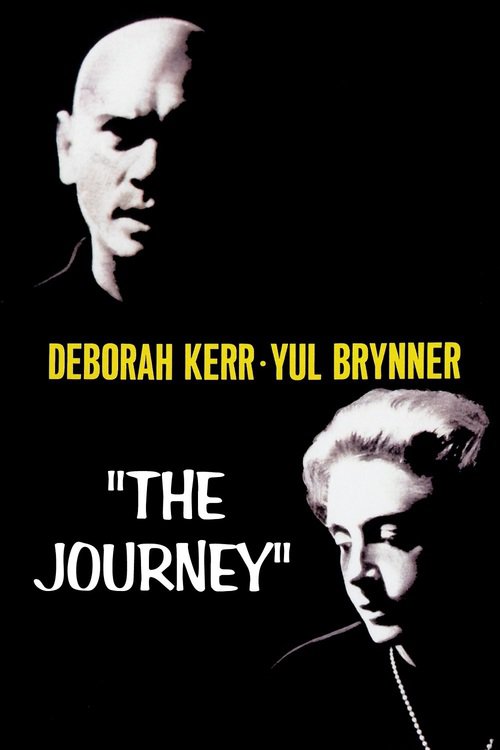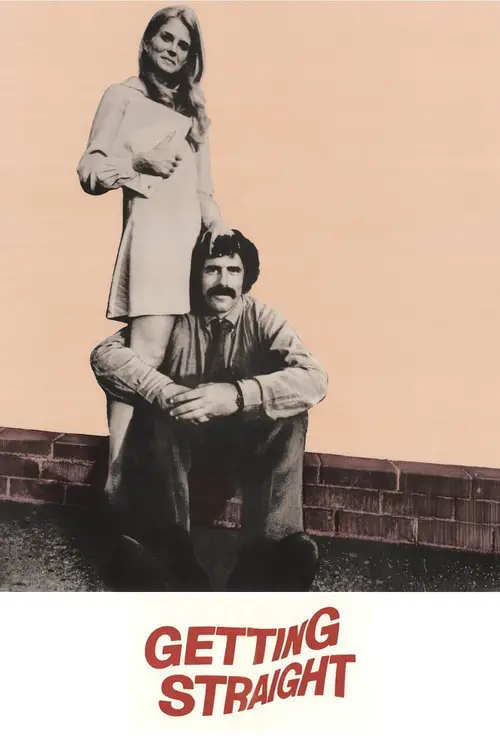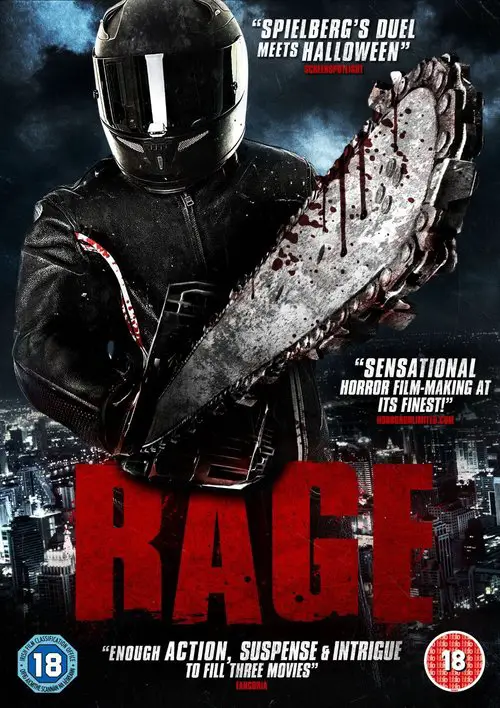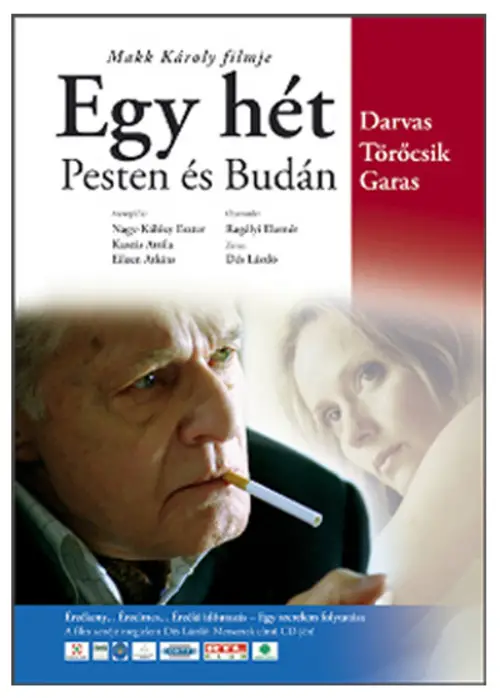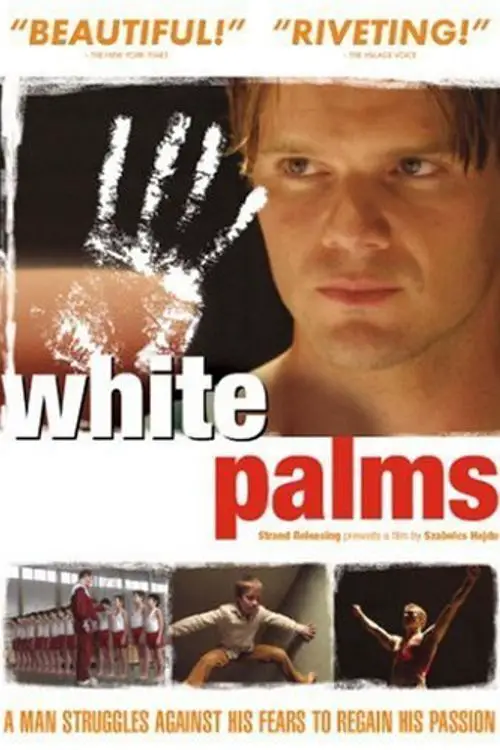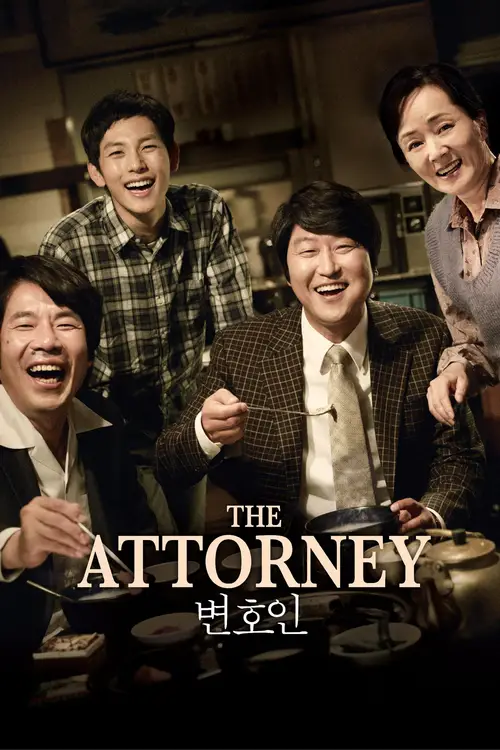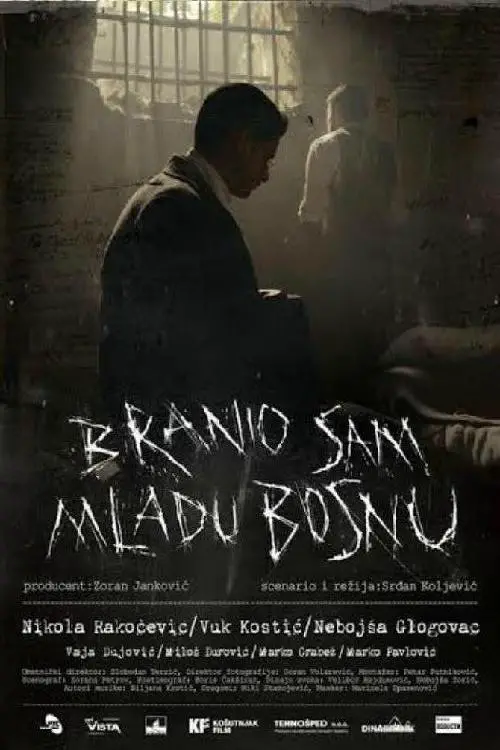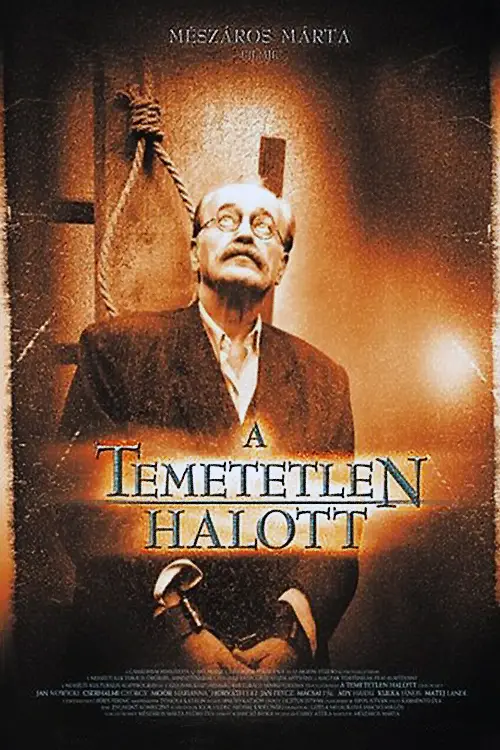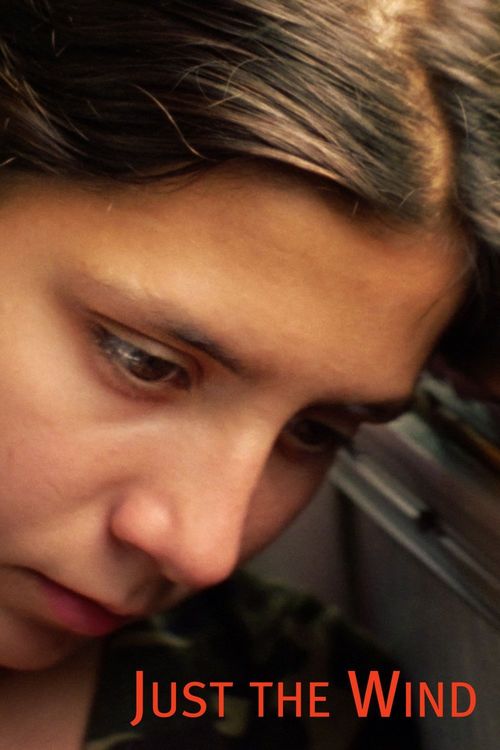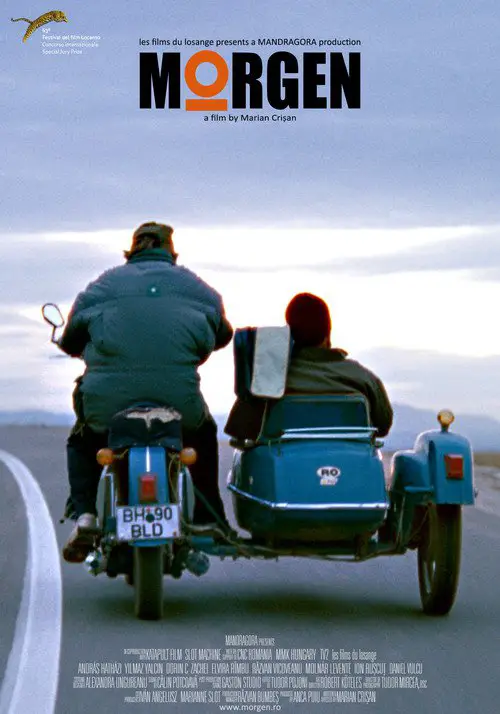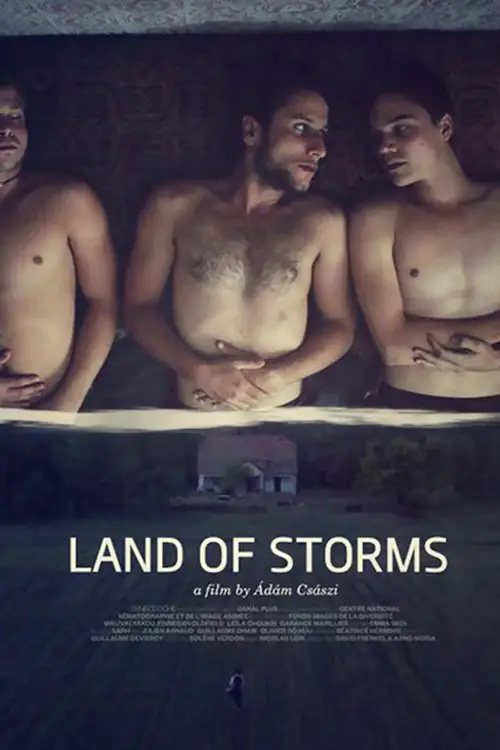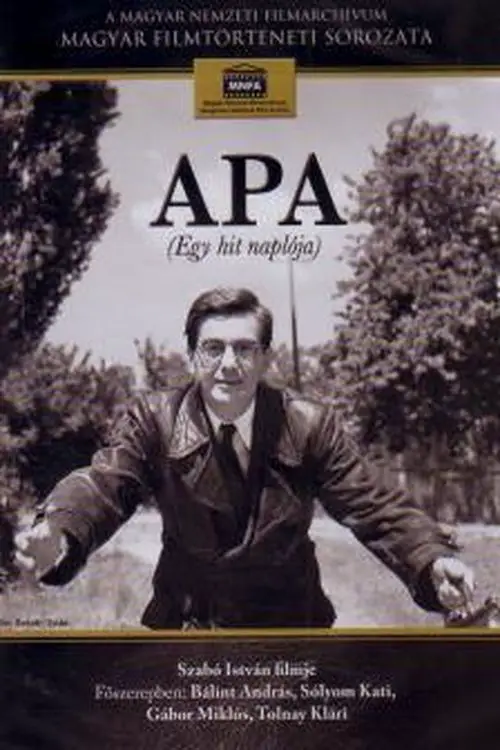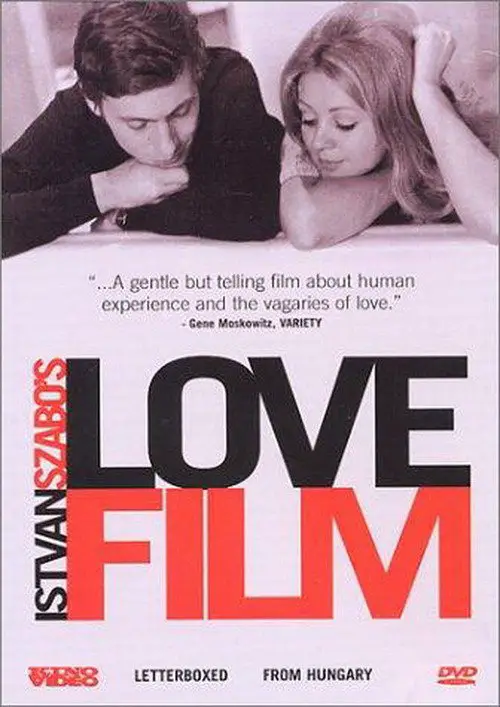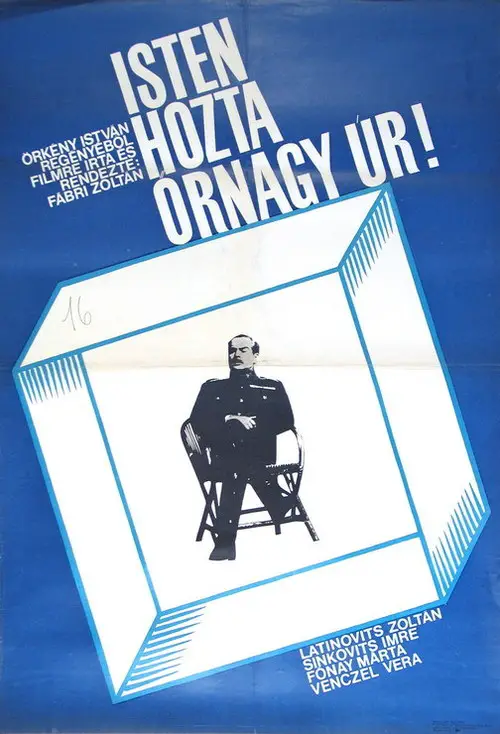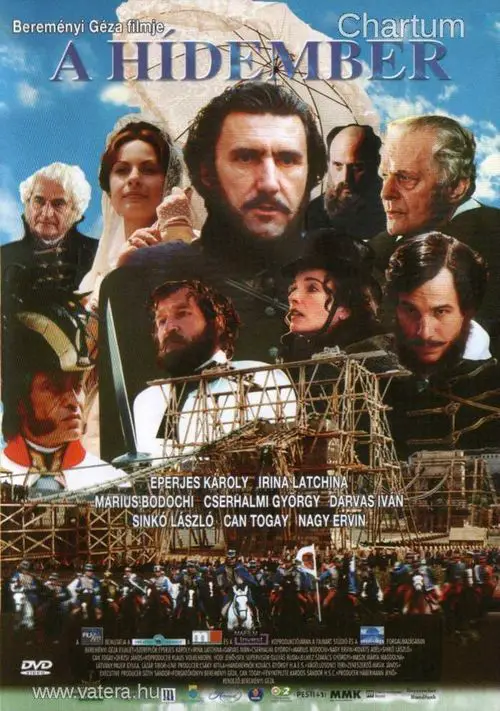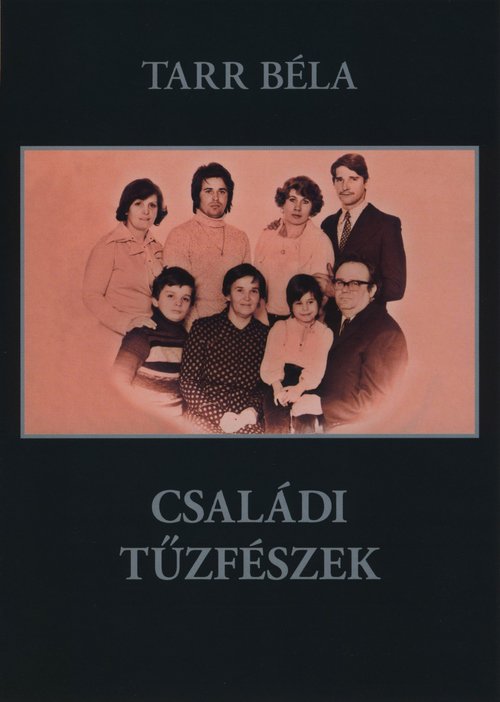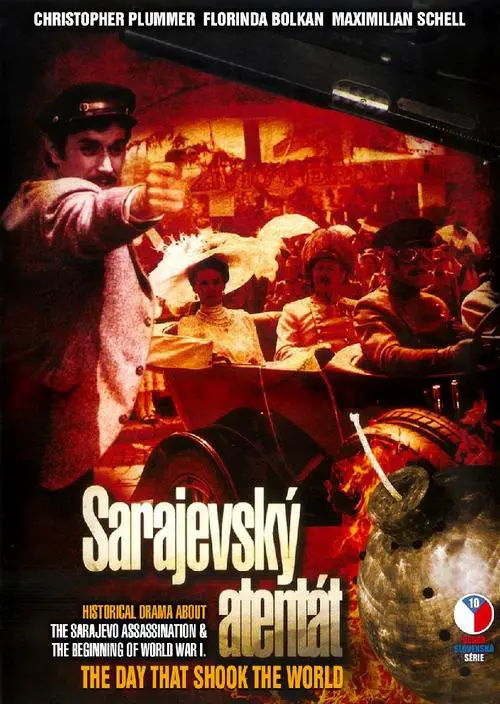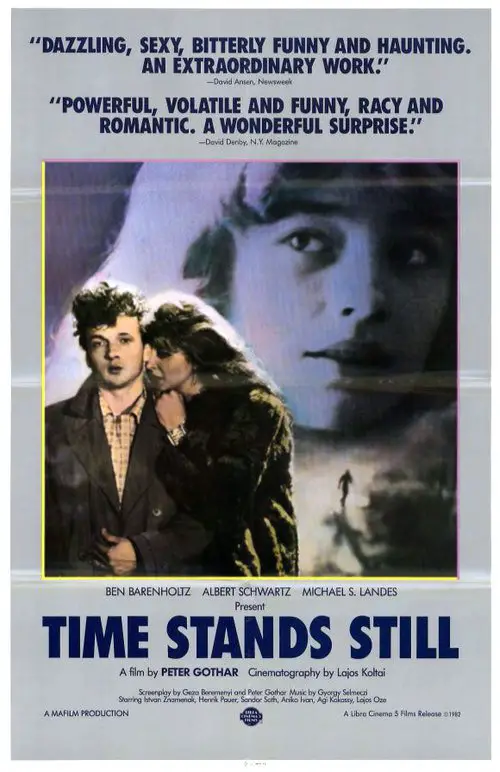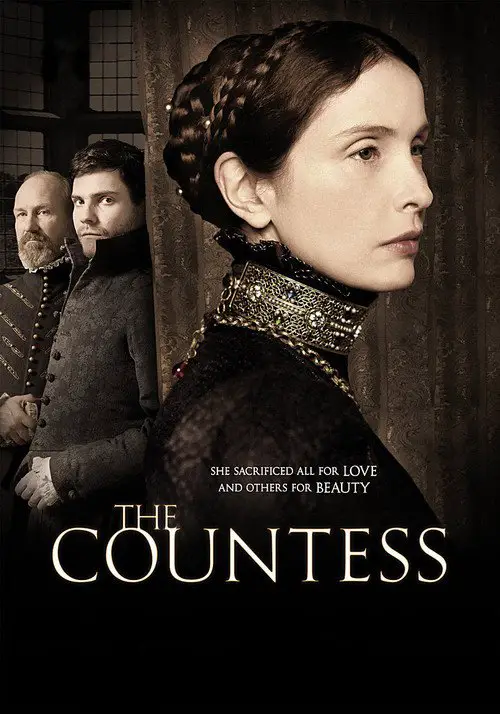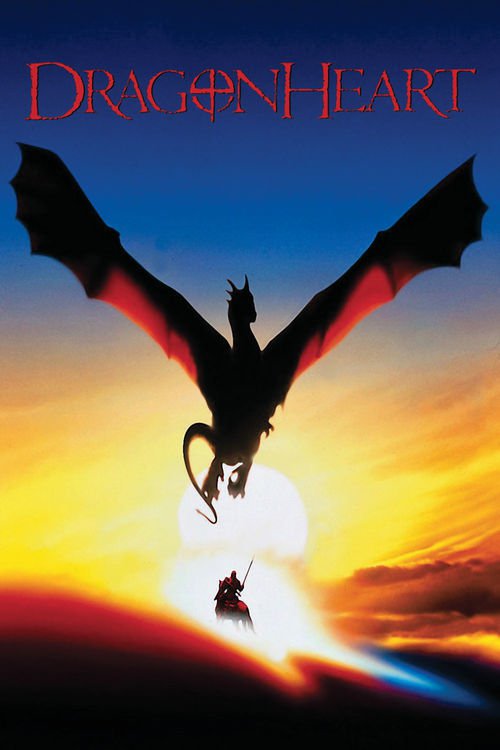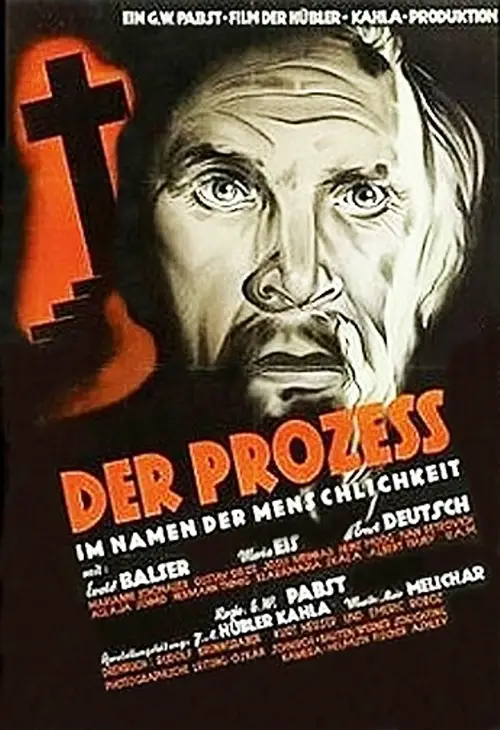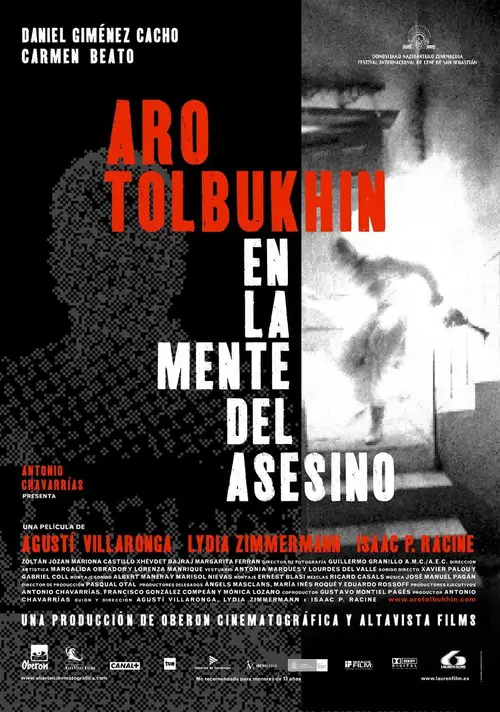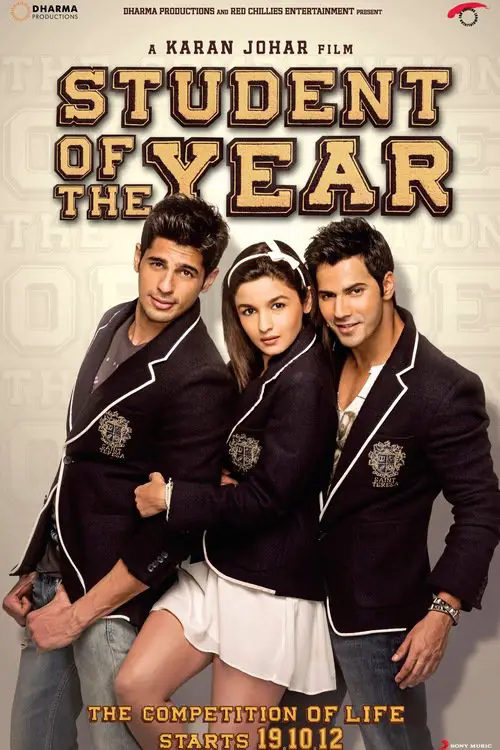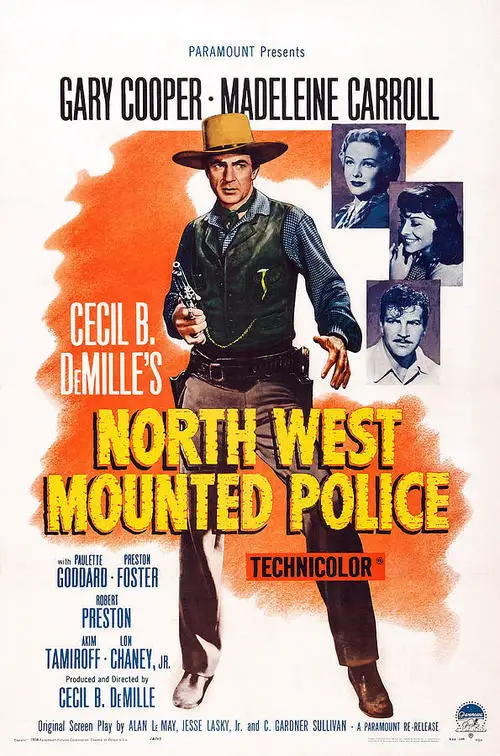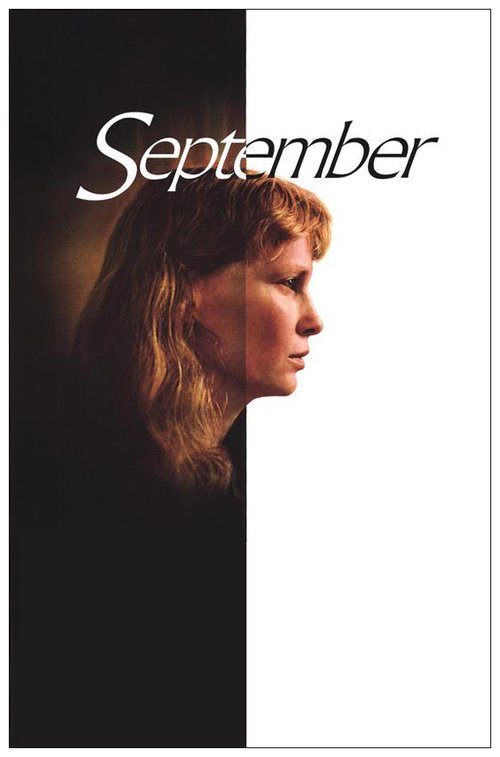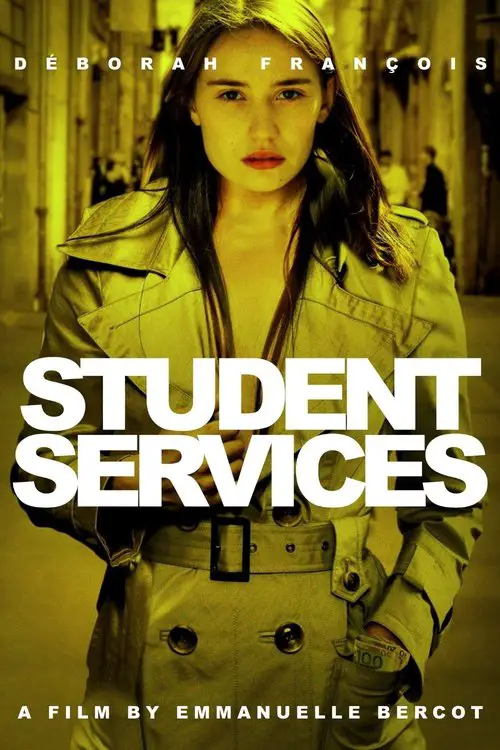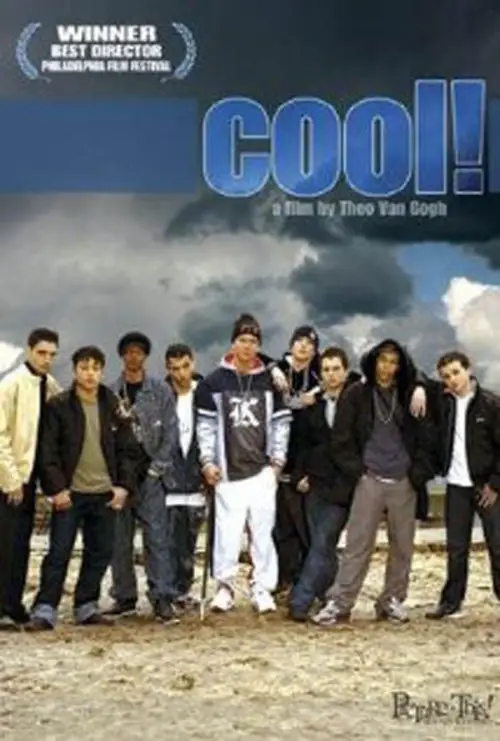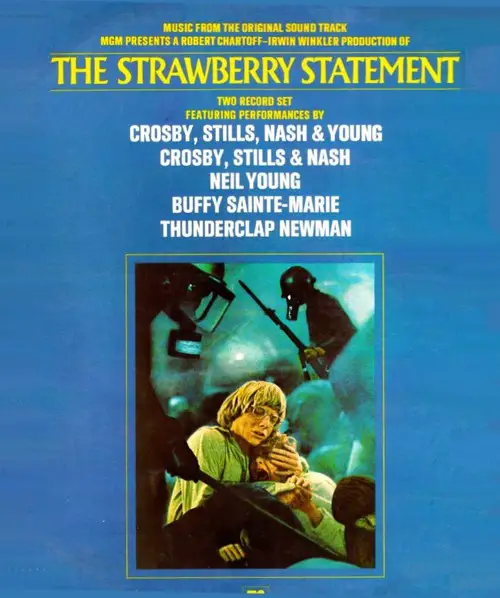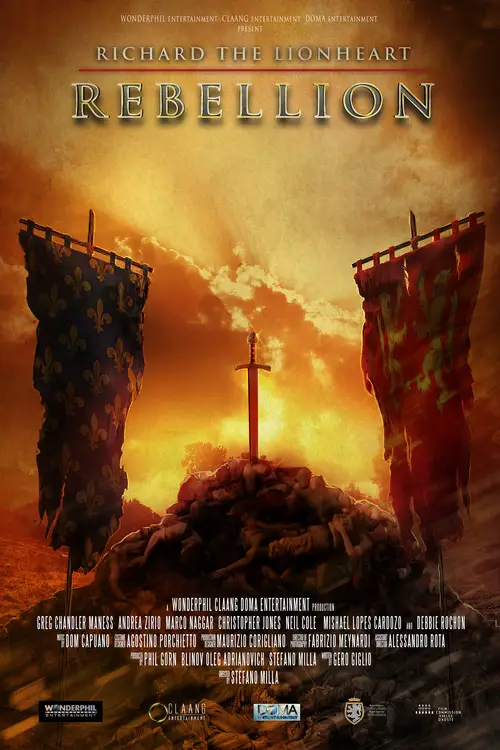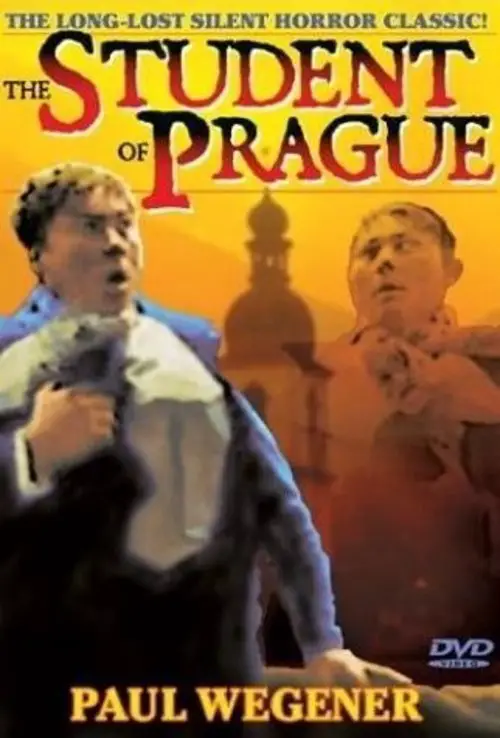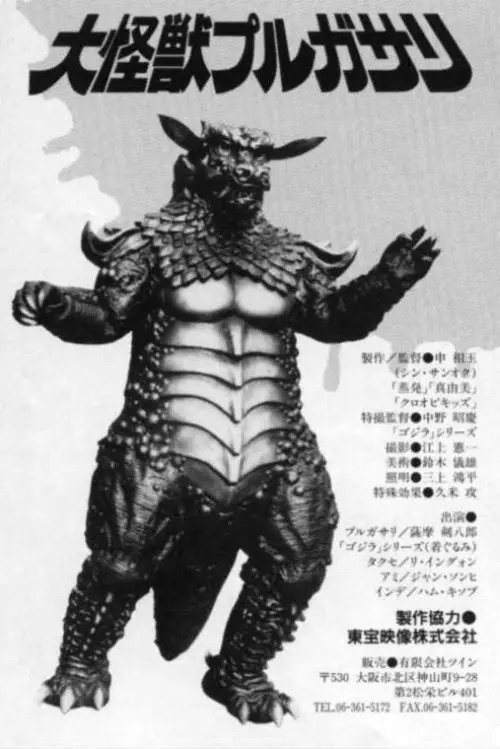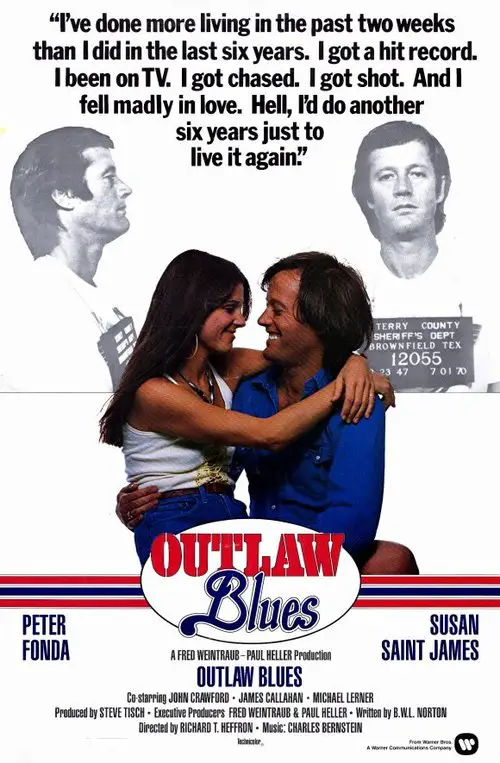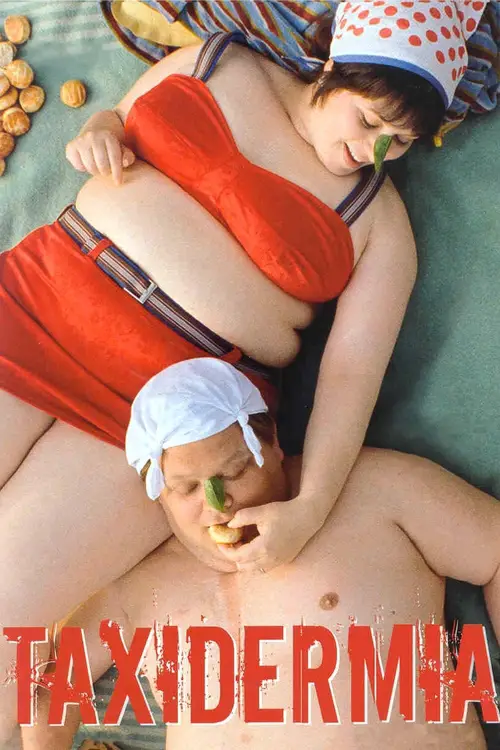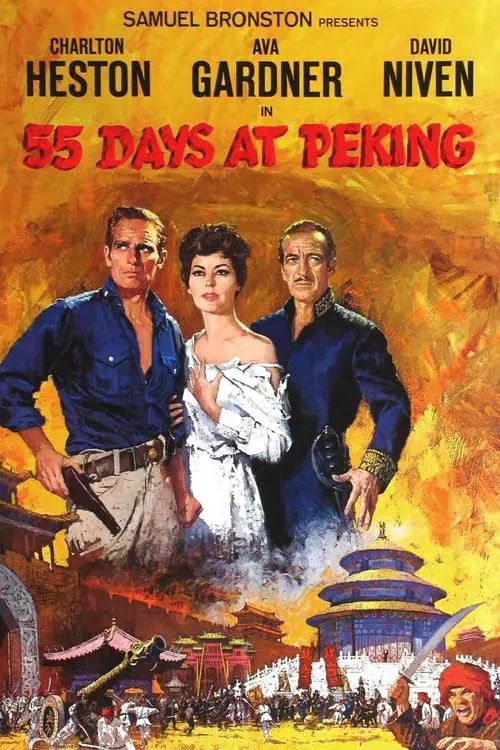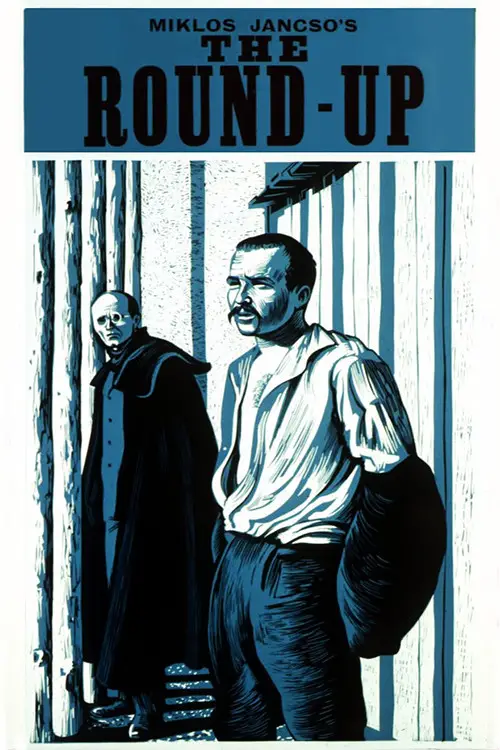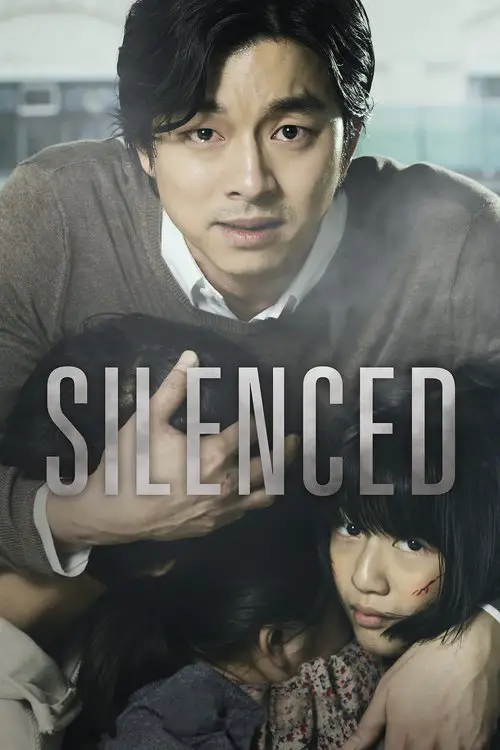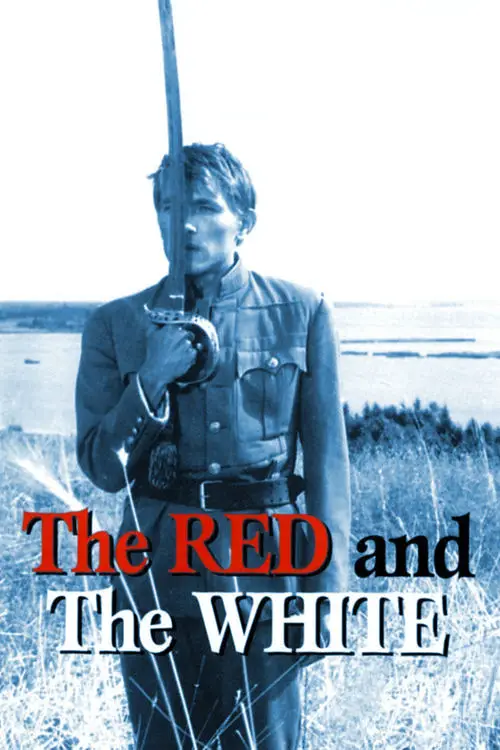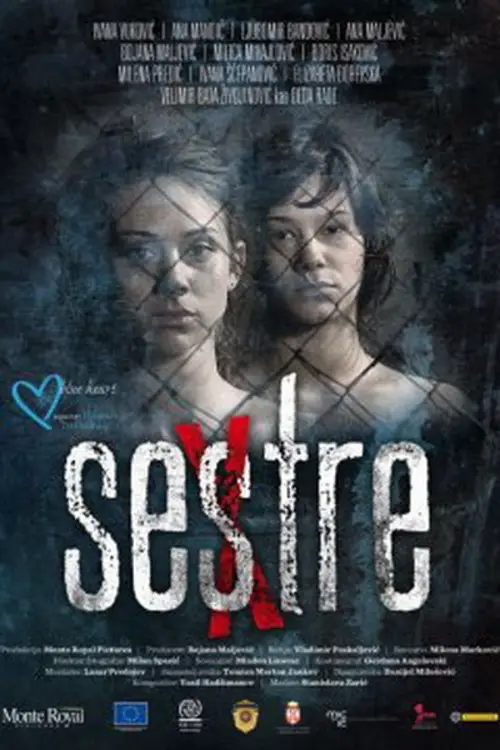The Confrontation (1969)
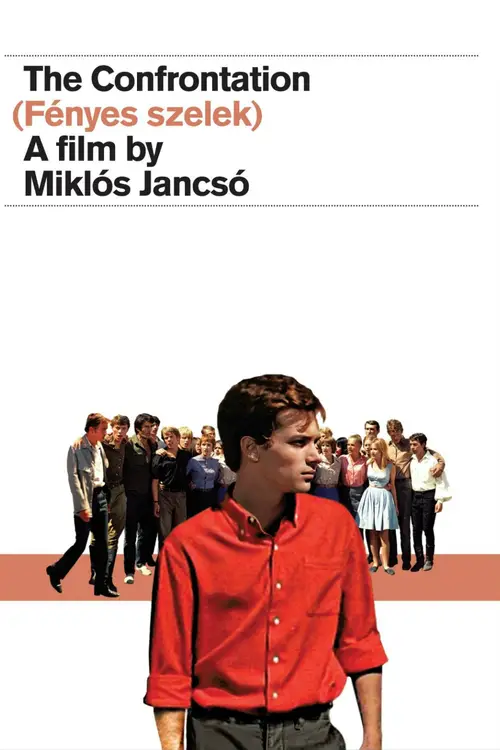
Similar movies
This story takes place in a small town on the Hungarian Plain. In a provincial town, which is surrounded with nothing else but frost. It is bitterly cold weather â without snow. Even in this bewildered cold hundreds of people are standing around the circus tent, which is put up in the main square, to see â as the outcome of their wait â the chief attraction, the stuffed carcass of a real whale. The people are coming from everywhere. From the neighboring settlings, even from quite far away parts of the country. They are following this clumsy monster as a dumb, faceless, rag-wearing crowd. This strange state of affairs â the appearance of the foreigners, the extreme frost â disturbs the order of the small town. Ambitious personages of the story feel they can take advantage of this situation. The tension growing to the unbearable is brought to explosion by the figure of the Prince, who is pretending facelessness. Even his mere appearance is enough to break loose destructive emotions...
Known as the best satire about communism, banned for over a decade in Hungary. 'The Witness' has become a cult classic, well received by critics and general audiences when it was finally released outside of Hungary. 'The Witness' takes place during the height of the Rákosi Era, which was closely modeled after the ruthless and brutal Stalin regime. The film follows the life of an ordinary dike keeper, József Pelikán, who has been caught for illegally slaughtering his pig, Dezsõ. Instead of doing hard time for his "heinous" crime, Pelikán is elevated into an important position, generally reserved for the communist elite. His new benefactor, the mysterious Comrade Virág, is reluctant to reveal the real reason behind Pelikán's preferential treatment. Thus, begins Pelikán's hilarious adventure deep within the "sophisticated" communist society... Until one day, when he gets called for to return the "favour" by falsely testifying against his long-time friend in a mock-up show trial.
Children of Glory will commemorate Hungary's heroic Revolution of 1956, and takes place in Budapest and at the Melbourne Olympic Games in October and November of that year. While Soviet tanks were destroying Hungary, the Hungarian water polo team was winning over the Soviets in the Olympic pool in Melbourne, in what has been described as the bloodiest water polo match in history.
A Hungarian family forced to flee the Communist country for the United States, must leave a young daughter behind. Six years later the family arranges to bring the absent daughter to the United States where she has trouble adjusting. The daughter then decides to travel to Budapest to discover her identity.
Walkout is the true story of a young Mexican American high school teacher, Sal Castro. He mentors a group of students in East Los Angeles, when the students decide to stage a peaceful walkout to protest the injustices of the public school system. Set against the background of the civil rights movement of 1968, it is a story of courage and the fight for justice and empowerment.
It is the real story of Giorgio Perlasca (Luca Zingaretti). During the 1920s he was an Italian Fascist supporter, fighting in Africa an in the Spanish civil war where he deserved a safe conduct for Spanish embassies. After some years, disillusioned by fascism, he is a fresh supplier for the Italian army. In the war years he is in Budapest for his business. He lives an easy life there, well introduced into the Hungarian high society, without any problem coming from the war situation. When the Nazi occupied Hungary, in 1944, instead to leave (Italy had already surrendered to the Allies) he escaped to the Spanish embassy in Budapest using his old safe conduct and becoming a Spanish citizen, changing name into Jorge Perlasca. He starts working as a diplomat here. When Sanz Briz (Geza Tordy), the Spanish consul, is removed, Perlasca immediately substitutes him, like if he was officially appointed from Spanish authorities... Written by 1felco
Graduate student Harry Bailey was once one of the most visible undergraduate activists on campus, but now that he's back studying for his master's, he's trying to fly right. Trouble is, the campus is exploding with various student movements, and Harry's girlfriend, Jan, is caught up in most of them. As Harry gets closer to finishing his degree, he finds his iconoclastic attitude increasingly aligned with the students rather than the faculty.
A thirty something man who lives in a suburb just outside of Portland says goodbye to his beautiful and loving wife and heads into town. There he unintentionally provokes the wrath of a mysterious motorcyclist. The confrontation between the two, sets in motion a day long battle. Beginning in the form of harmless taunts then quickly escalating into something more serious and then into something unimaginable.
In the early 1980s, South Korea is torn by student protests over the lack of representation in the government. Song Woo-Seok is a successful attorney in Busan specializing in tax law. His views regarding civil liberties are changed by student activist Park Jin-woo. When Jin-Woo is brutally tortured and put on trial for his activism, Woo-seok decides to defend Jin-woo as his client.
Five Jewish Hungarians, now U.S. citizens, tell their stories: before March, 1944, when Nazis began to exterminate Hungarian Jews, months in concentration camps, and visiting childhood homes more than 50 years later. An historian, a Sonderkommando, a doctor who experimented on Auschwitz prisoners, and US soldiers who were part of the liberation in April, 1945.
One of the doyennes of Hungarian film deals with a dark period of national history: the Soviet regime in Hungary. She portrays it through the fate of the former prime minister and national hero, Imre Nagy. The script is based on the diary written by Imre Nagy, and the memories of his daughter, Erzsébet Nagy, as well as authentic documents and records.
Budapest in the thirties. The restaurant owner Laszlo hires the pianist András to play in his restaurant. Both men fall in love with the beautiful waitress Ilona who inspires András to his only composition. His song of Gloomy Sunday is, at first, loved and then feared, for its melancholic melody triggers off a chain of suicides. The fragile balance of the erotic ménage à trois is sent off kilter when the German Hans goes and falls in love with Ilona as well.
NELU, a man in his forties, works as a security guard in the local supermarket in Salonta, a small town on the Romanian-Hungarian border. This is the place where many illegal emigrants try to cross, by any means posible, to Hungary and then further to Western Europe. One morning, NELU will âfishâ something different out of the river: a Turkish man trying to cross the border. Not able to communicate verballly, the two men will somehow understand each other. NELU takes the stranger to the farmhouse, gives him some dry clothes, food and shelter. He doesnât really know how to help this stranger. The Turkish man gives NELU all the money he has on him so he will help him cross the border. Eventually, NELU takes the money and promises he will help him cross the border tomorrow, MORGENâ¦
Szabolcs plays in a German football team, as does Bernard. They are roommates, best friends, inseparable. A lost match makes him reconsider his life and he goes back to Hungary in hope for more simplicity. Yet his solitude does not last long. Soon after his arrival he meets Ãron and a mutual attraction between the two boys develops when suddenly Szabolcs receives an unexpected phone call from Bernard: he has arrived to Hungary...
The beginning shows Hungary devastated by the war and the postwar reconstruction with its communist government. Our hero (played first by Dániel Erdély and later, as a young man, by András Bálint) is clearly determined to find out what he can about his father who died young. All he knows is that he was a doctor and perhaps he was an honored victim of fascism. He never really finds out but his relationship with his mother, his friends and his Jewish girlfriend will make him totally independent of this need to find all about Apa or Father.
A story of two young people in Hungary, Jancsi and Kata. First they are good friends, later lovers. Soon after the 1956 Revolution Kata leaves Hungary, Jancsi stays there. After 10 years Jancsi is allowed to visit Kata in France, their love is reborn, but after a short, very happy period Jancsi has to return to Hungary and their love fades as years have gone by.
The Toth family resides in Northern Hungary. The couple has a daughter and a son, the latter a member of the armed forces. When his weary major is ordered to take a vacation, the son talks him into a visit to his family home. Comedy endues when the Toth's go overboard trying to make things pleasant for the visiting major in hopes of an easier life for their son the soldier.
This epic story takes place between 1820 and 1860 during the Habsburg Monarchy, and portrays the life one of the greatest Hungarian aristocrats - Count Széchenyi - who was born with extra-ordinary mental and spiritual talents. In the years following the fall of Napoleon the young count Széchenyi irresponsibly seduces his brother's wife, and the consequent scandal ruins his career as an army officer. After the sudden death of his humiliated lover Count Széchenyi drastically changes his character from that of a shallow young man into a responsible nobleman seeking to conquer his fate by creating great achievements in his remaining life.
Családi tüzfészek (aka Family Nest) is an intimate portrayal of a family slowly disintegrating under various pressures in late 1970s communist Hungary. The plot of the film is deceptively simple, with the occasional momentous event--including one that's relatively shocking, but plot in a conventional sense is not the focus here.
A Budapest high school in the beginning of the 1960s. Dinis suffers the torments of adolescence. His father had to leave Hungary after the uprise in 1956, and since then Dini's mother has had to take care of her two sons on her own. A friend of Dinis' father, Bodor, is released from prison and moves in with them. Dinis and his brother Bodor are far from happy over this intrusion of their family life.
In an ancient time when majestic fire-breathers soared through the skies, a knight named Bowen comes face to face and heart to heart with the last dragon on Earth, Draco. Taking up arms to suppress a tyrant king, Bowen soon realizes his task will be harder than he'd imagined: If he kills the king, Draco will die as well.
Thousands of activists arrive in Seattle, Washington in masses to protest the WTO Ministerial Conference of 1999 (World Trade Organization). Although it began as a peaceful protest with a goal of stopping the WTO talks, it escalated into a full-scale riot and eventually, a State of Emergency that pitted protesters against the Seattle Police Department and the National Guard.
Dean Yoginder Vashisht, retired, has fallen gravely ill. Several students from his final year at St. Theresa's College rush to his side. In flashbacks, they all recall the events that none of them have gotten over yet, including the dean, and how the "Student of the Year" competition shaped who they were, how they related, and what they've become.
Texas Ranger Dusty Rivers ("Isn't that a contradiction in terms?", another character asks him) travels to Canada in the 1880s in search of Jacques Corbeau, who is wanted for murder. He wanders into the midst of the Riel Rebellion, in which Métis (people of French and Native heritage) and Natives want a separate nation. Dusty falls for nurse April Logan, who is also loved by Mountie Jim Brett. April's brother is involved with Courbeau's daughter Louvette, which leads to trouble during the battles between the rebels and the Mounties. Through it all Dusty is determined to bring Corbeau back to Texas (and April, too, if he can manage it.)
September is a 1987 film written and directed by Woody Allen. Allen's intention of September was to be like "a play on film," thus the great number of long takes and few camera effects. The movie does not feature Allen as an actor, and is one of his straightforward dramatic films.At a summer house in Vermont, neighbor Howard falls in love with Lane, who's in a relationship with Peter, who's falling for Stephanie, who's married with children.
Laura is a 19-year-old university freshman who desperately wants to do well in school. She works a part-time job but cannot make ends meet. One evening in which she is short of funds, she answers a personal ad online by "Joe," 57, who seeks a female student for "tender moments." The pay is 100 euros per hour. Laura pledges to do this just once, and three days later, she goes to a hotel room with Joe. And then her spiral begins.
Simon (Bruce Davison), a student at a fictional university in San Francisco (based on San Francisco State College) is indifferent to the student protests around him, until walking in on a naked woman (Kristina Holland) in his dormitory roommate's bed. While she quickly runs over to the toilets to dress, Simon protests to his roommate that their time should only be devoted to studying, so they can get good jobs and lots of money. Coming back clothed, the woman refuses setting another date with the roommate because she'll be busy protesting. She explains the university's plan to construct a gymnasium in an African-American neighborhood, thus causing conflict with the local African American population. She tells him that she and others plan to take over one of the university's buildings.
The year is 1173. England and France are at war. The destiny of the two great powers has never been so intertwined. As King Henry's wife, Queen Eleanor, is captured and imprisoned by the king himself, Richard and his brothers lead the fight against their father in a heartless war. Allegiances shift with each victory or defeat as the destinies of England and France keep swaying in a delicate balance.
In feudal Korea, the evil King becomes aware that there is a peasant rebellion being planned in the country. He steals all the iron farming tools and cooking pots from the people so that he may make weapons to fend off the peasant army. After he returns the property to the people, an old blacksmith is imprisoned and starved to death. His last creation is a tiny figurine of a monster- Pulgasari, a Godzilla-like creature that eats iron. The blood of his daughter brings the creature to life, and fights with the poor, starving peasants to overthrow the corrupt monarchy.
An aspiring musician is released from prison to find that a song he had written while locked up has been stolen and made into a hit record by a country music superstar. When his confrontation with the star takes a violent turn the ex-con has to go back on the run, but he finds an unexpected ally in a shrewd background singer with a plan to turn the tables in his favor.
Diplomats, soldiers and other representatives of a dozen nations fend off the siege of the International Compound in Peking during the 1900 Boxer Rebellion. The disparate interests unite for survival despite competing factions, overwhelming odds, delayed relief and tacit support of the Boxers by the Empress of China and her generals.
© Valossa 2015–2025
| Privacy Policy


